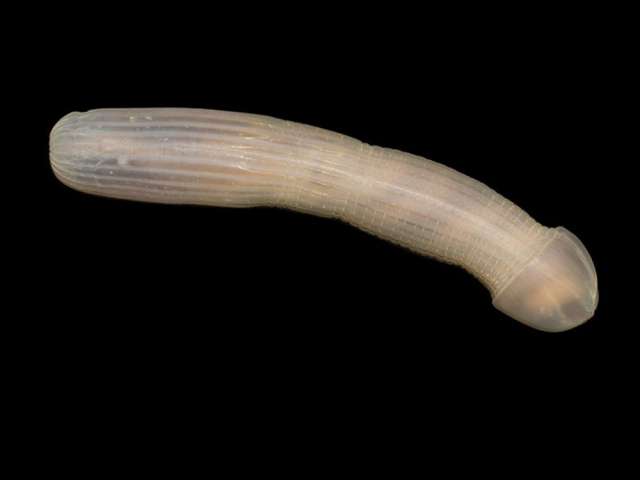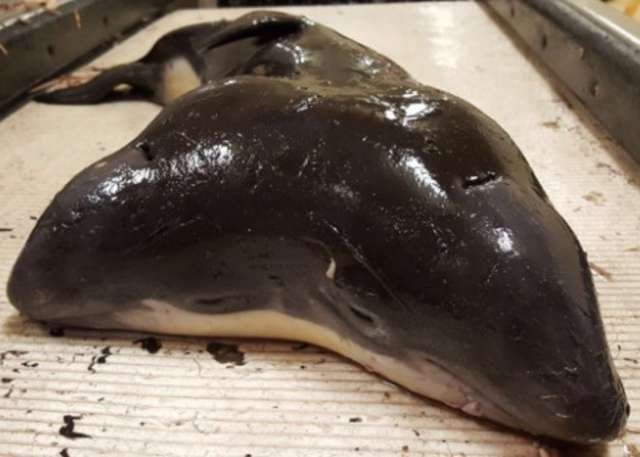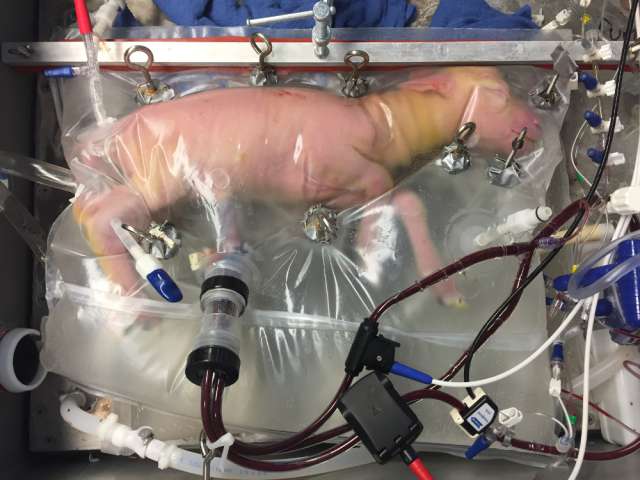3 weird science discoveries from 2017 (Vanessa)
Science is just mind blowing and wonderful. Nature is a beautiful thing.
Here are some of this year’s strangest scientific discoveries.
- Peanut worm

Earlier this year, a team of scientists completed a month-long exploration of the relatively uncharted waters off Australia’s east coast. Among some other less graphic discoveries, they came across this new species of peanut worm.
- Two-headed porpoise

This year marked the first-ever documentation of a two-headed harbour porpoise. It was only the tenth case of conjoined twins among all cetaceans (otherwise known as whales and dolphins). It was discovered by fishermen off the coast of the Netherlands, who tossed it back into the ocean because they thought it would be illegal to keep the strange creature. But not before they took a few pictures, which researchers carefully examined and reported on. The twins were male and thought to have died shortly after birth because their tail wasn’t stiff, a necessary development that allows for swimming. In 2014, a pair of conjoined grey whale calves were found in Mexico, which also didn’t survive. Scientists speculate that conjoined cetaceans have a particularly low chance of survival because it’s much harder — if not impossible — to reach the water’s surface and take a breath with a sibling attached to you. - Artificial womb
I have heard about incubator but this is just really different. How sweet?

Scientists created a bag of fluids that closely resembles a womb, and discovered that premature lambs placed in this bag could grow to be healthy. The team removed lambs who were 15 to 17 weeks into the full 21-week gestational period from their mother via C-section. The lambs were then kept inside the bags for up to four weeks before they were removed for analysis. All of them appeared to be relatively normal, with few complications and stable health measurements (such as blood pressure). The idea is to develop this type of uterus-bag for human use, as premature births are the number one cause of death in babies. The current practice of placing these babies in incubators makes them prone to infection and can also leave them with lung damage — both of which the bag is designed to prevent. The team says human trials may be just a few years away.
Science contributed tremendously to proffering solutions to global problems in the past years. I hope to see more in the year 2018
Images gotten from http://nationalpost.com
Some text are of Vanessa Hrvatin in which this work wouldn't have been possible without her good work kudos to her.
Upvote if you like this